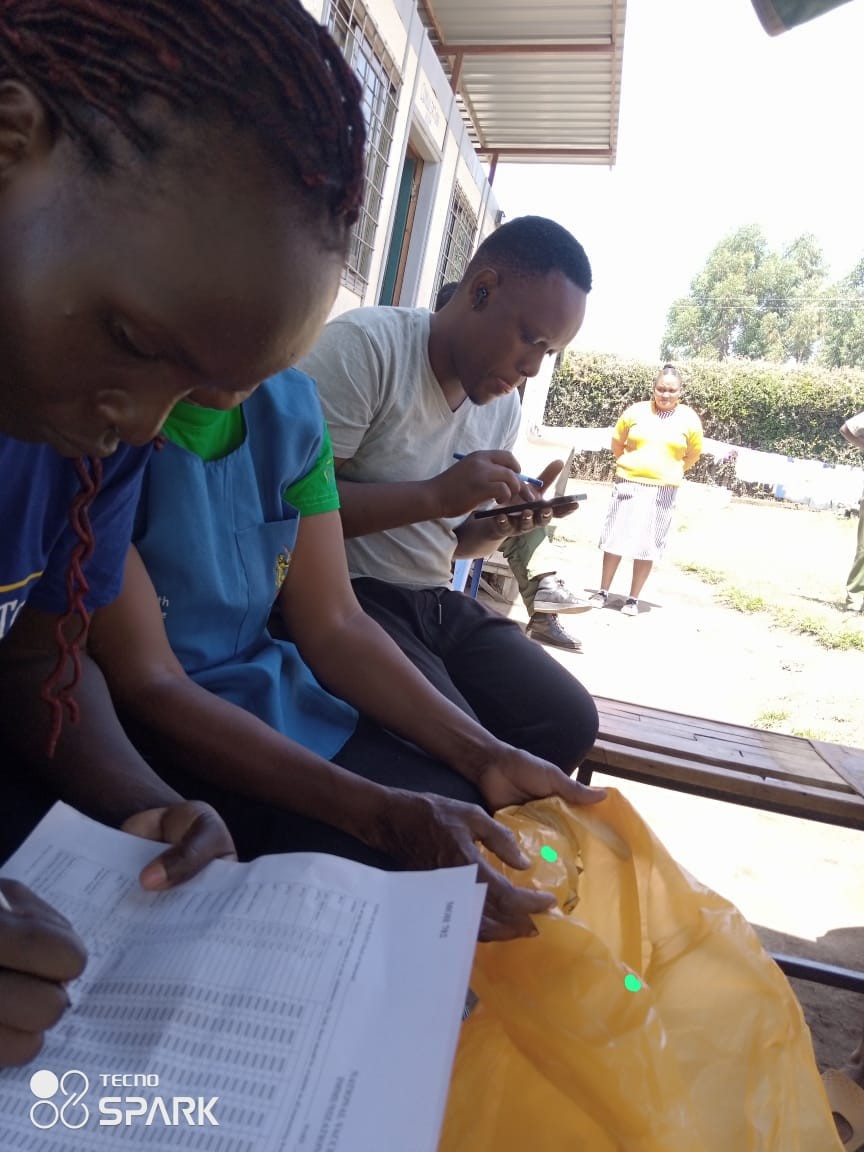By Dennis Gathi, DevReporter, Nakuru County

Key Highlights
- People with epilepsy in rural areas face several significant challenges, including a lack of medication.
- Some county governments, including Nakuru County, are actively working to enhance epilepsy care.
- While there is still much to be done, the situation for people with epilepsy in rural Nakuru is gradually improving.
In the rural areas of Nakuru County, individuals with epilepsy confront daily uncertainties: Will today bring a seizure? Will they be able to secure the necessary medication? Or will they endure the gossip of neighbours who cling to the belief that epilepsy is the result of curses?
Epilepsy, a brain disorder that results in seizures, affects a significant portion of the population. However, in rural areas, it is often misinterpreted and shrouded in stigma.
Simon, a 36-year-old clinical officer from Nakuru, is familiar with this struggle. “I’ve lived with epilepsy for about 34 years and experienced a great deal,” he shared with this reporter. He went on to say, “The biggest challenge is obtaining the right medications. Without cash, you can’t afford the necessary drugs for epilepsy.”
People with epilepsy in rural areas face several significant challenges, including a lack of medication, as many local clinics do not stock epilepsy drugs; the high cost of medications when they are available; and the stigma associated with the belief that epilepsy is caused by curses or witchcraft.
Additionally, access to specialists is limited, as most epilepsy experts are located in major cities far from these rural communities.
Hope on the Horizon
Despite these challenges, there is hope on the horizon. The Kenyan government took steps to improve the situation, notably through the launch of the National Guidelines for the Management of Epilepsy in 2014.
The constitution also protects the rights of individuals with disabilities, which includes those living with epilepsy.
Some county governments, including Nakuru County, are actively working to enhance epilepsy care.
The National Guidelines for Epilepsy Management represent a significant advancement, providing guidance for doctors and nurses throughout Kenya to improve care for individuals with epilepsy. These guidelines encompass everything from diagnosing epilepsy to the most effective treatment methods.
Kenya’s Constitution champions equality and access to healthcare for all, mandating the government to make epilepsy care accessible to everyone, including those in rural areas.
The Nakuru County government has initiated measures to tackle these issues. In 2023, the County Assembly called for free medical services for epilepsy patients. However, implementation remains a challenge, and many rural residents continue to struggle to access care.
Emmanuel, a Nakuru resident living with epilepsy, shared his experience: “I’ve faced rejection, even from my own brothers and sisters. I felt that I didn’t receive love as a child growing up.” His story highlights the deep-seated misunderstandings surrounding epilepsy, even within families.
“Those who have seizures often find themselves in very dangerous situations because they cannot access medical help quickly enough,” states Mary Kamau, a community health worker in Molo.
She adds that families sometimes resort to risky measures to assist their loved ones, feeling they have no other options.
“People often attempt to place spoons in patients’ mouths during seizures, which is hazardous. Some even tie them up with ropes, believing it will help control the convulsions,” she explains.
James Kiprop, whose son has epilepsy, shares their daily struggles: “When my son has an attack at school, other parents demand his removal, fearing that it is contagious. We’ve had to move him to three different schools already.”
However, there are also stories of resilience. Simon, despite his challenges, now runs a clinic near his rural home, using his medical training to assist others with epilepsy. “The government should educate Community Health Volunteers about epilepsy so they can help local residents,” Simon suggests.

Gradually Improving
To truly effect change, focus on several key areas is essential: education to reduce stigma; improved access to medications to ensure epilepsy drugs are available in rural clinics; training for health workers, particularly in rural areas, to diagnose and treat epilepsy at an early stage; and establishing support groups to help individuals with epilepsy connect with and support one another.
While there is still much to be done, the situation for people with epilepsy in rural Nakuru is gradually improving.
With ongoing efforts from the government, healthcare workers, and community leaders, there is hope for a future where no one should face epilepsy alone.
As Simon states, “Epilepsy is not related to curses or witchcraft; it’s a treatable condition.” It’s time for all of Kenyans to embrace this truth and ensure that everyone, regardless of where they live, can access the care they need.
Remember, if you or someone you know is living with epilepsy, help is available. Reach out to local health clinics or organisations such as the Kenya Association for the Welfare of People with Epilepsy (KAWE) for information and support.
Related Stories:
https://www.epilepsysparks.com/blog/epilepsy-in-kenya-forming-a-foundation
https://nakuruassembly.go.ke/county-assembly-calls-for-free-medical-services-for-epilepsy-patients/






